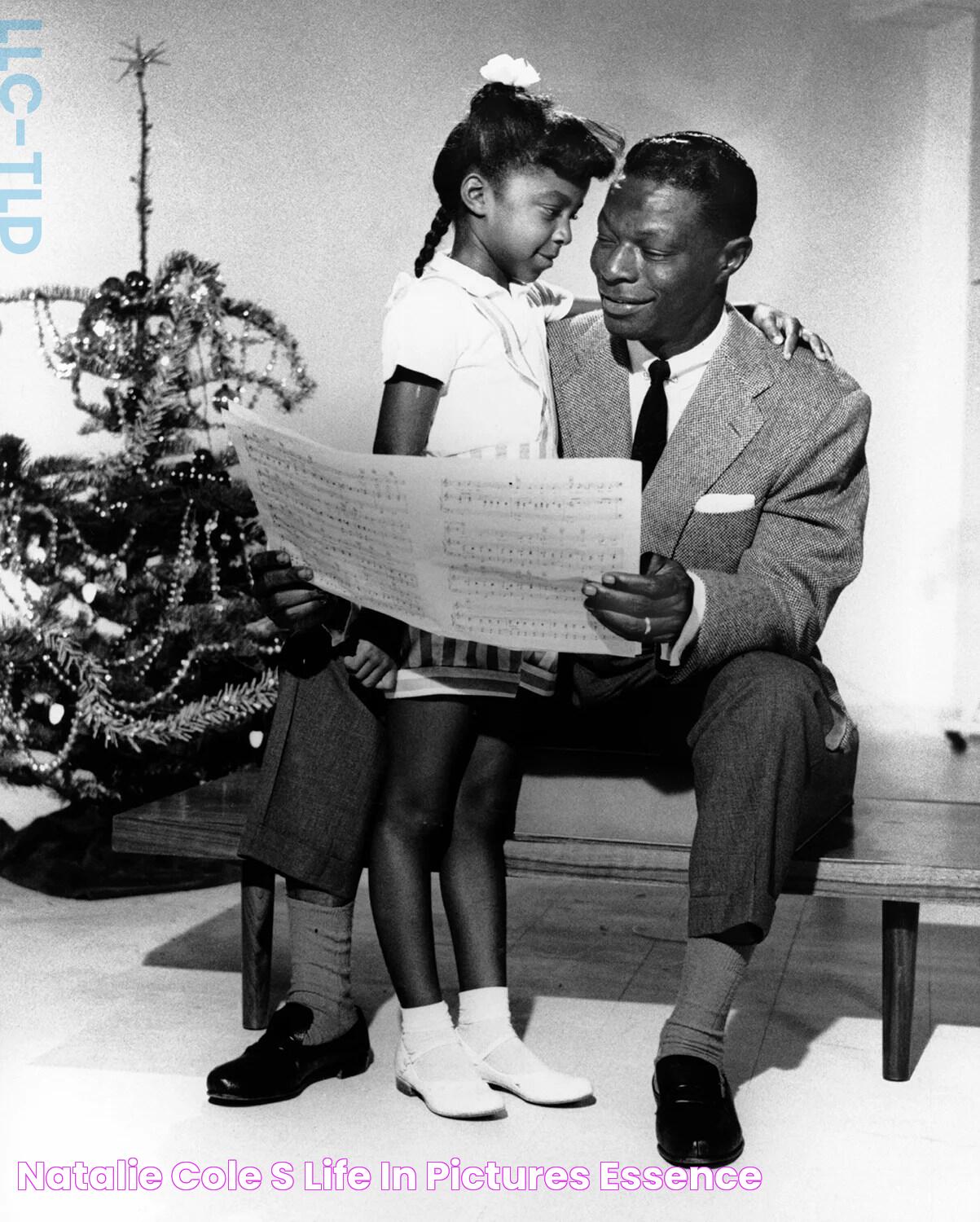Prince Rogers Nelson, better known to the world as Prince, was a groundbreaking artist whose contributions to music and culture remain unparalleled. His career spanned four decades, marked by innovation, artistry, and an unyielding commitment to self-expression. Known for his flamboyant stage presence, virtuosic musicianship, and genre-defying sound, Prince left an indelible mark on the world of music. From funk and rock to soul and pop, his ability to seamlessly meld styles created a musical legacy that continues to inspire millions.
Prince's influence extended far beyond his music. His commitment to creative freedom and his fight for artists' rights in the music industry set him apart as a true pioneer. He was not just a musician but a cultural icon, who used his platform to challenge stereotypes and push boundaries. Whether it was his bold fashion choices, his enigmatic persona, or his deeply personal lyrics, Prince captivated audiences and left an enduring impact on the entertainment industry.
This article delves into the life, career, and legacy of Prince, highlighting his profound influence on music and culture. From his early beginnings in Minneapolis to his meteoric rise to global stardom, we’ll explore how Prince became one of the most iconic figures in music history. Let’s celebrate the legendary American singer Prince's unforgettable music legacy and examine why his work remains as relevant and inspiring today as it was during his lifetime.
Read also:Wolfgang Van Halenrsquos Net Worth A Closer Look At His Wealth And Success
Table of Contents
- Biography of Prince
- What Made Prince a Musical Icon?
- Early Life and Musical Beginnings
- The Rise of a Legend
- How Did Prince Redefine Music Genres?
- Landmark Albums and Chart-Topping Hits
- Prince and The Revolution
- Iconic Performances and Stage Presence
- Fashion and Cultural Impact
- Prince as a Pioneer of Artistic Freedom
- Philanthropy and Social Activism
- What Is Prince's Lasting Legacy?
- Frequently Asked Questions
- Conclusion
Biography of Prince
Prince Rogers Nelson was born on June 7, 1958, in Minneapolis, Minnesota. He was the son of John L. Nelson, a jazz musician, and Mattie Shaw, a singer. From a young age, Prince displayed an extraordinary talent for music, teaching himself to play multiple instruments and writing his first song at just seven years old. His passion for music was evident, and it wasn’t long before he began to pursue a career as a professional musician.
Personal Details and Bio Data
| Full Name | Prince Rogers Nelson |
|---|---|
| Date of Birth | June 7, 1958 |
| Place of Birth | Minneapolis, Minnesota, USA |
| Genres | Funk, Rock, Pop, R&B, Soul |
| Instruments | Guitar, Piano, Drums, Bass, Vocals |
| Awards | Grammy Awards, Academy Award, Golden Globe |
| Years Active | 1975–2016 |
What Made Prince a Musical Icon?
Prince wasn't just an artist; he was a phenomenon. His innovative approach to music, fearless self-expression, and unmatched versatility set him apart. He was a multi-instrumentalist who could effortlessly switch between playing guitar, piano, and drums, often performing all the instruments on his albums himself. His vocal range was equally impressive, moving seamlessly from deep baritone to falsetto.
What truly made Prince a musical icon was his ability to transcend genres. He blended funk, rock, pop, and soul into a unique sound that was entirely his own. His lyrics often touched on themes of love, identity, and spirituality, resonating deeply with fans. Albums like "Purple Rain" and "Sign o' the Times" showcased his genius, earning him critical acclaim and commercial success.
Additionally, Prince was a trailblazer in the music industry, advocating for artists' rights and creative freedom. His famous dispute with Warner Bros. over ownership of his master recordings highlighted his commitment to artistic control. Prince's decision to change his name to an unpronounceable symbol during this period was a bold statement against the constraints of the music industry.
Early Life and Musical Beginnings
Prince’s early years were shaped by his parents' love for music. Growing up in Minneapolis, he was exposed to a wide range of musical styles, from jazz and classical to funk and rock. His father, a pianist, and his mother, a vocalist, provided the foundation for his musical education. Prince's prodigious talent was evident from a young age, and he quickly became proficient in multiple instruments.
During his teenage years, Prince formed his first band, Grand Central, later renamed Champagne. The group gained local popularity, but it was clear that Prince was destined for even greater things. His demo recordings eventually caught the attention of record labels, leading to his first contract with Warner Bros. Records at the age of 19.
Read also:The Timeless Allure Of Iconic Catherine Bach Actress Beauty
Prince's debut album, "For You," released in 1978, was a testament to his talent. He wrote, arranged, and performed all the songs, showcasing his remarkable skills as a musician and producer. Although the album received mixed reviews, it marked the beginning of an illustrious career that would redefine the music industry.
The Rise of a Legend
Prince's breakthrough came with his second album, "Prince," released in 1979. Featuring hits like "I Wanna Be Your Lover," the album established him as a rising star in the music world. His next albums, "Dirty Mind" and "Controversy," pushed the boundaries of traditional music and tackled provocative themes, earning him a reputation as a daring and innovative artist.
However, it was the release of "1999" in 1982 that catapulted Prince to international fame. The album's title track and other hits like "Little Red Corvette" became anthems of the era, solidifying his place as a music legend. His electrifying performances and charismatic stage presence captivated audiences worldwide, making him a household name.
Prince's success continued with the release of "Purple Rain" in 1984. The album, which served as the soundtrack for the film of the same name, became a cultural phenomenon. Tracks like "When Doves Cry" and "Let's Go Crazy" topped the charts, and the album won two Grammy Awards and an Academy Award for Best Original Song Score. "Purple Rain" remains one of the best-selling albums of all time and is often regarded as Prince's magnum opus.
How Did Prince Redefine Music Genres?
Prince's ability to blend and redefine musical genres was one of his most remarkable talents. He was a true musical chameleon, capable of creating songs that defied categorization. By fusing elements of funk, rock, pop, R&B, and even classical music, Prince crafted a sound that was uniquely his own.
One of the ways Prince redefined music genres was through his innovative use of instrumentation and production techniques. He was known for layering multiple instruments and vocal tracks, creating rich, complex soundscapes. His use of synthesizers and drum machines, particularly the Linn LM-1, became a hallmark of his music and influenced countless artists.
Prince's willingness to experiment with unconventional song structures and lyrical themes also set him apart. From the psychedelic vibes of "Around the World in a Day" to the socially conscious messages in "Sign o' the Times," Prince's discography is a testament to his boundless creativity and fearless approach to music.
Landmark Albums and Chart-Topping Hits
Prince's discography is filled with landmark albums and chart-topping hits that have stood the test of time. Some of his most iconic albums include:
- "Purple Rain" (1984): A cultural phenomenon that remains one of the greatest albums of all time.
- "1999" (1982): The album that established Prince as an international superstar.
- "Sign o' the Times" (1987): A critically acclaimed double album that showcased his versatility and depth.
- "Parade" (1986): Featuring the hit single "Kiss," this album demonstrated Prince's ability to evolve his sound.
- "Diamonds and Pearls" (1991): A commercial success that included hits like "Cream" and "Gett Off."
These albums, along with countless others, have cemented Prince's place as one of the greatest artists in music history. His ability to consistently produce groundbreaking music earned him a devoted fan base and critical acclaim.
Frequently Asked Questions
1. What made Prince unique as an artist?
Prince was unique for his ability to blend multiple genres, his virtuosic musicianship, and his fearless self-expression. He was a true innovator who constantly pushed the boundaries of music and culture.
2. How many instruments could Prince play?
Prince was a multi-instrumentalist who could play over 20 instruments, including guitar, piano, drums, bass, and various synthesizers.
3. What is Prince's most famous song?
While opinions vary, "Purple Rain" is often considered his most famous and iconic song. It remains a timeless anthem and a highlight of his career.
4. Did Prince win any major awards?
Yes, Prince won numerous awards throughout his career, including seven Grammy Awards, an Academy Award for "Purple Rain," and a Golden Globe. He was also inducted into the Rock and Roll Hall of Fame in 2004.
5. What was Prince's impact on the music industry?
Prince revolutionized the music industry by advocating for artists' rights and creative freedom. His fight for ownership of his master recordings inspired many artists to take control of their work.
6. Is Prince's music still influential today?
Absolutely. Prince's music continues to inspire artists across genres. His innovative sound, powerful lyrics, and artistic vision remain a source of inspiration for musicians and fans alike.
Conclusion
Prince's legacy is one of innovation, creativity, and authenticity. His contributions to music, culture, and the entertainment industry have left an indelible mark that will continue to resonate for generations. By challenging conventions and staying true to his artistic vision, Prince became a symbol of freedom and individuality. As we reflect on the legendary American singer Prince's unforgettable music legacy, it is clear that his influence will endure, inspiring future generations to dream big and create fearlessly.

